C. M. Rubin’s Monthly Global Education Report
CMRubinWorld’s mission for over 7 years has been to ask the important questions about learning, share the most innovative ideas and be a bridge builder between the past and the future of global education.
Ongoing rapid technological advancements continue to change our world. What competencies will young people need to succeed 5, 10, or 25 years from now? This month we invited Justine Roberts, Founder and CEO of Mumsnet – one of the UK’s largest websites for parents, to speak about modern day parenting in a changing world. “Parenting is probably the most important job most of us will ever do,” says Roberts. “The Internet means that parents have access to support and advice at their fingertips.” There are also challenges: “Parents are having to come to grips, fast, with a flurry of issues: social sharing, privacy, digital footprints, internet safety, parental controls, and how the heck a child can watch videos on YouTube without stumbling across something altogether less palatable.”
Scotland’s Education Minister John Swinney shared his country’s plans for ensuring every student receives a world class education. “The curriculum in Scotland,” says Swinney, recognizes that learning begins at birth and continues throughout our lives. We have a pre-birth to three framework, 3-18 curriculum, and national guidance and frameworks which support adult learning and community learning and development. Together, these form the curriculum in Scotland, which is designed to help learners develop the skills they need for learning, life and work in an ever-changing world.”
A recent study by the OECD shows financial literacy competencies of 15-year-olds in 15 different countries around the world. In a new interview with Andreas Schleicher, he explains how the study was performed and analyzes the results. In the study, the OECD “tested whether 15-year-olds were able to define their priorities and plan what to spend money on; whether they are aware that some purchases have ongoing costs or that they can become the victims of fraud; and to know what risk is and what insurance is meant for. Some of the questions also required knowledge of basic financial instruments, such as a bank account.”
In a technology driven, infinitely connected world, we all realize that the roles of teachers and parents in the learning process are changing. Good communication is arguably more important than ever before. A teacher parent relationship that’s in sync is the best way to create a positive experience and learning environment for each student. So how do teachers around the world manage these relationships, and specifically what are their top tips for parents? Our vastly experienced and acclaimed global teachers had much wisdom to share this month. Richard Wells in New Zealand believes that the “key is to keep young people challenged and having to learn and adapt collaboratively with anyone around them.” Rashmi Kathuria includes in her top tips for parents “being a good role model, the importance of family time, and never ever comparing.” Joe Fatheree advocates for dreaming big: “failure is part of success, learning is fun, one person can change the world. It takes time and a concentrated effort from both parents and teachers to create a culture where those skills can grow.” Adam Steiner focuses on the need for important conversations about cyber-bullying, setting guidelines about screen time, and how kids can support their parents’ digital literacy!
What political movements do Millennials care about? How will the future of activism be shaped by technology and globalization? Our Millennial Bloggers are based all over the world. They are innovators in entrepreneurship, journalism, education, entertainment, and academic scholarship. This month we asked them to weigh in on this timely topic. “Either from Afghanistan or New Mexico, Sweden or Nepal, the youth care more about bettering social conditions at grassroots level rather than supporting a top-down approach,” writes Sajia Darwish. “In Finland, we have several different parties with different agendas and it’s not that easy to put people into specific boxes regarding their political opinions,” writes Reetta Heiskanen. “I believe that is a good thing. The world has never been black and white — all the interesting stuff lies in the grey areas.” “For many millennials, activism is no longer an “activity”, but rather a life-long choice that seeks to mesh together a fulfilling career and meaningful life,” observes Kamna Kathuria. “Personally, my purpose is “impact” and my chosen means to get there is bettering education. How can I spend my life making school more fulfilling, more practical, and more equitable for all children?”
Our thanks once again to all our amazing teachers, millennials, other contributors and supporters around the world. We look forward to more of your contributions next month. When it comes to the world of children, there is always more work to be done.
(Photos are courtesy of CMRubinWorld)
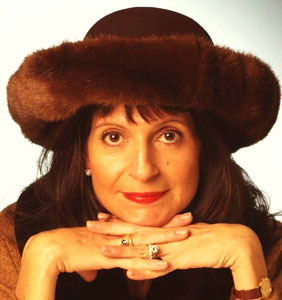
Join me and globally renowned thought leaders including Sir Michael Barber (UK), Dr. Michael Block (U.S.), Dr. Leon Botstein (U.S.), Professor Clay Christensen (U.S.), Dr. Linda Darling-Hammond (U.S.), Dr. MadhavChavan (India), Professor Michael Fullan (Canada), Professor Howard Gardner (U.S.), Professor Andy Hargreaves (U.S.), Professor Yvonne Hellman (The Netherlands), Professor Kristin Helstad (Norway), Jean Hendrickson (U.S.), Professor Rose Hipkins (New Zealand), Professor Cornelia Hoogland (Canada), Honourable Jeff Johnson (Canada), Mme. Chantal Kaufmann (Belgium), Dr. EijaKauppinen (Finland), State Secretary TapioKosunen (Finland), Professor Dominique Lafontaine (Belgium), Professor Hugh Lauder (UK), Lord Ken Macdonald (UK), Professor Geoff Masters (Australia), Professor Barry McGaw (Australia), Shiv Nadar (India), Professor R. Natarajan (India), Dr. Pak Tee Ng (Singapore), Dr. Denise Pope (US), Sridhar Rajagopalan (India), Dr. Diane Ravitch (U.S.), Richard Wilson Riley (U.S.), Sir Ken Robinson (UK), Professor Pasi Sahlberg (Finland), Professor Manabu Sato (Japan), Andreas Schleicher (PISA, OECD), Dr. Anthony Seldon (UK), Dr. David Shaffer (U.S.), Dr. Kirsten Sivesind (Norway), Chancellor Stephen Spahn (U.S.), Yves Theze (LyceeFrancais U.S.), Professor Charles Ungerleider (Canada), Professor Tony Wagner (U.S.), Sir David Watson (UK), Professor Dylan Wiliam (UK), Dr. Mark Wormald (UK), Professor Theo Wubbels (The Netherlands), Professor Michael Young (UK), and Professor Minxuan Zhang (China) as they explore the big picture education questions that all nations face today.
The Global Search for Education Community Page
C. M. Rubin is the author of two widely read online series for which she received a 2011 Upton Sinclair award, “The Global Search for Education” and “How Will We Read?” She is also the author of three bestselling books, including The Real Alice in Wonderland, is the publisher of CMRubinWorld and is a Disruptor Foundation Fellow.
Follow C. M. Rubin on Twitter: www.twitter.com/@cmrubinworld

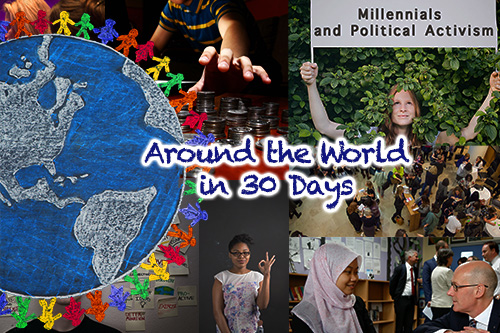
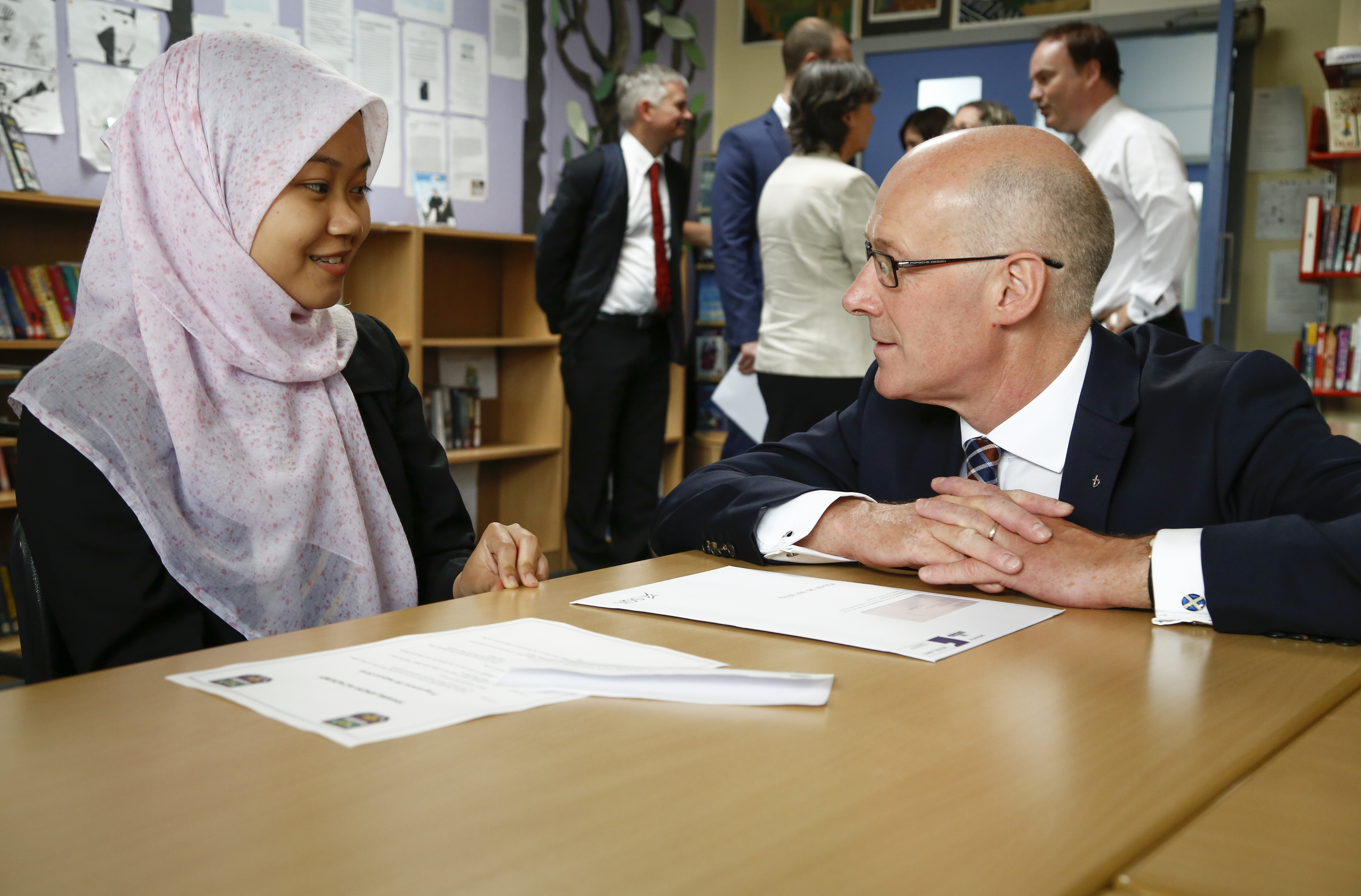
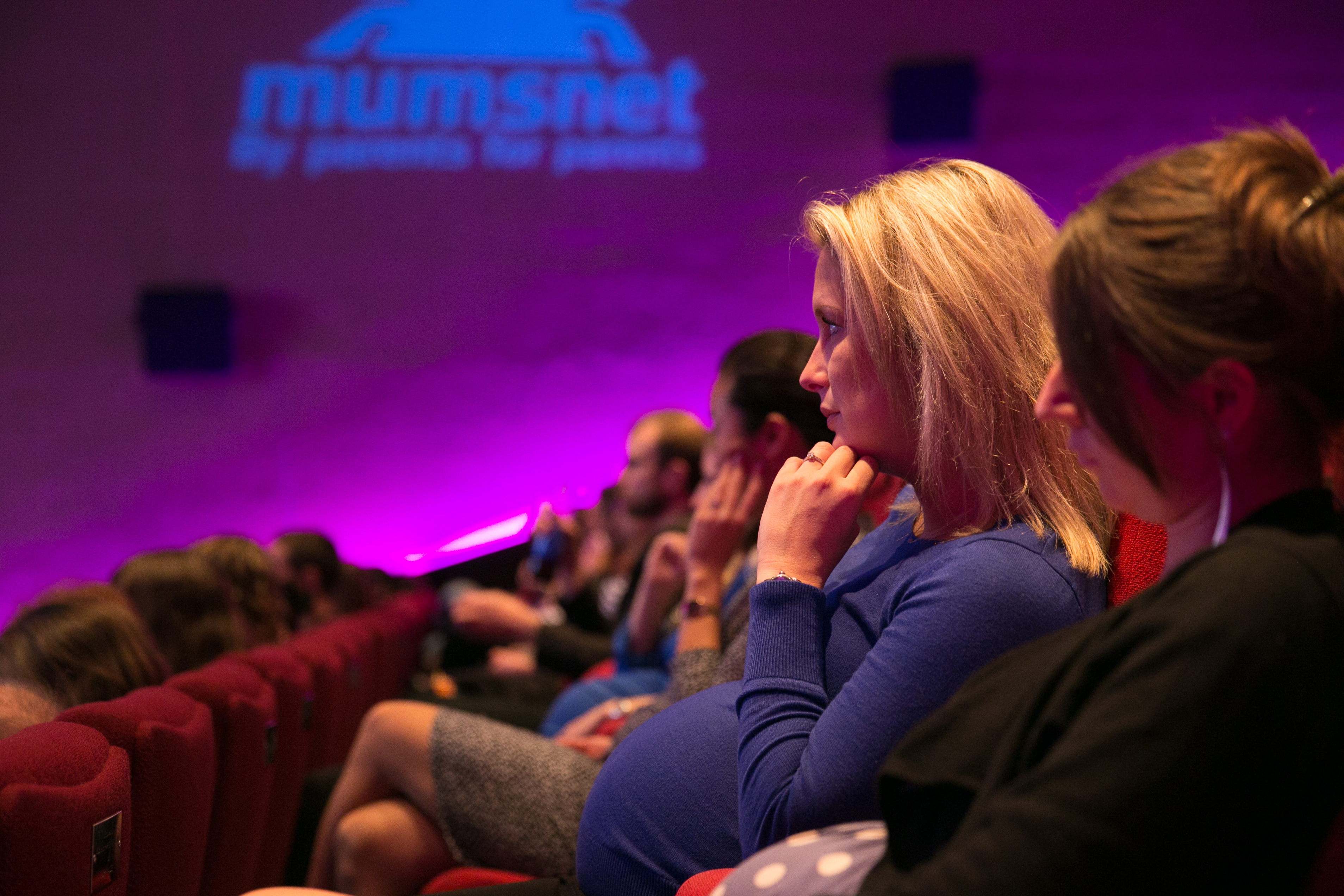

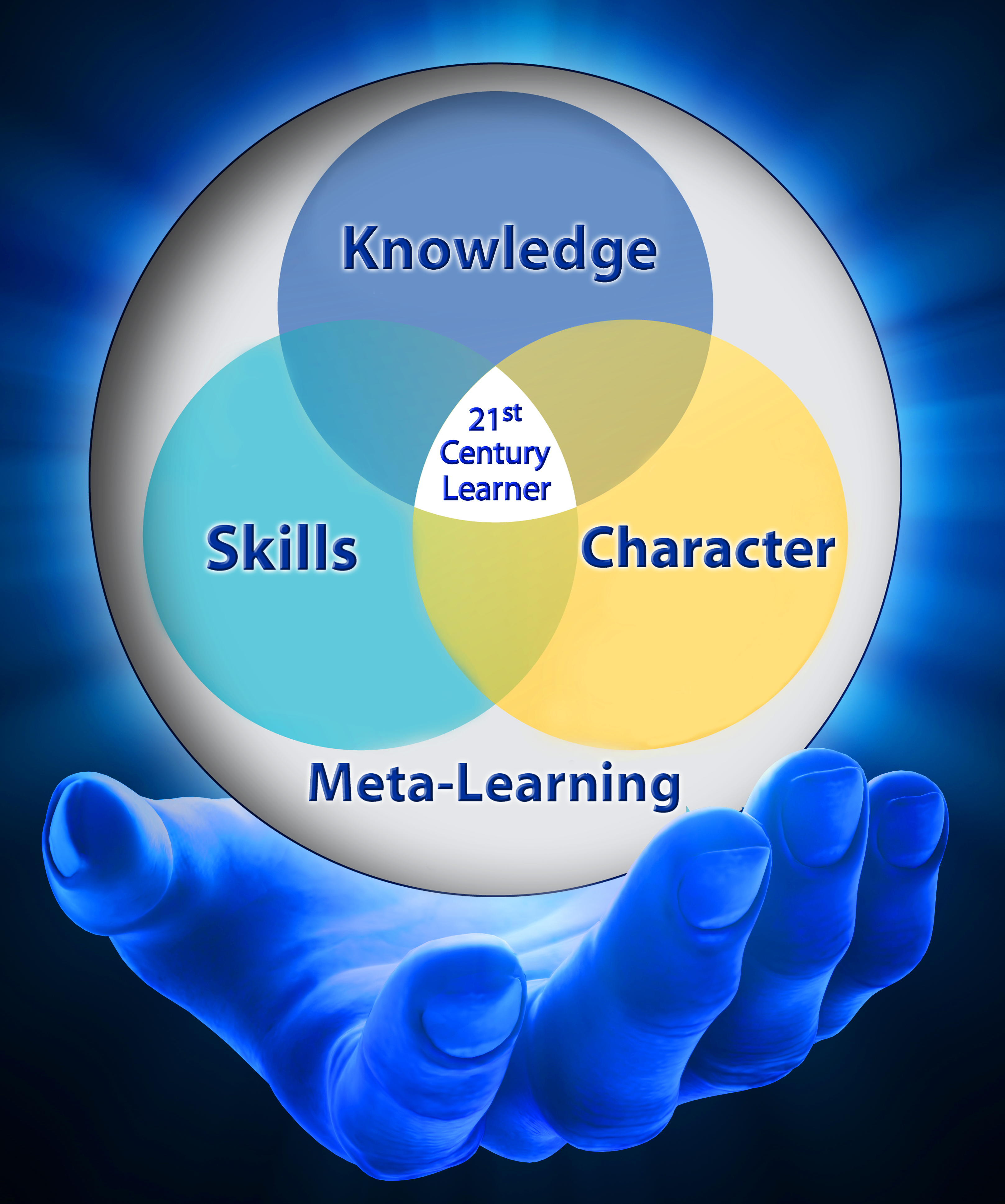
Recent Comments